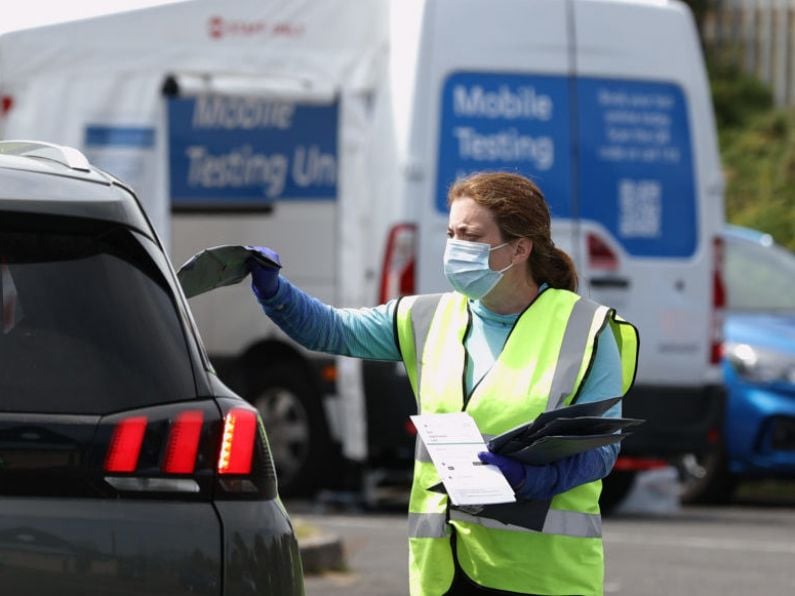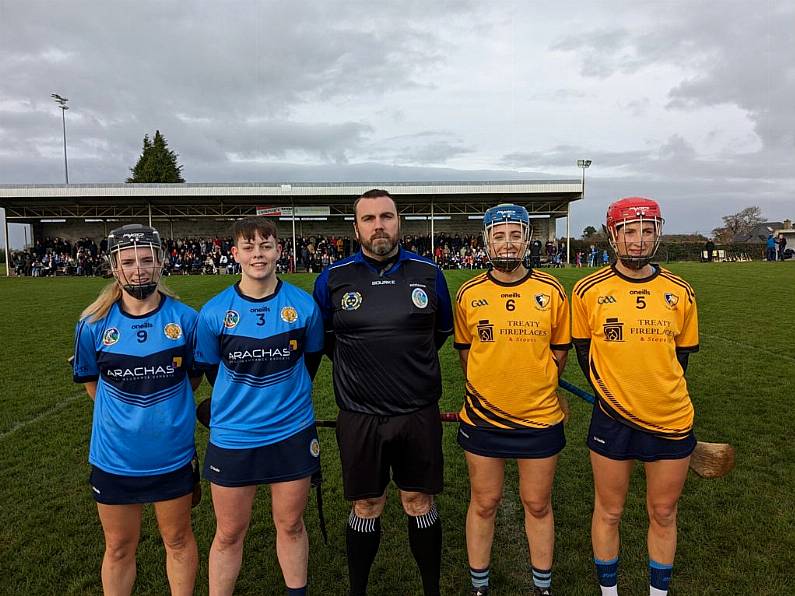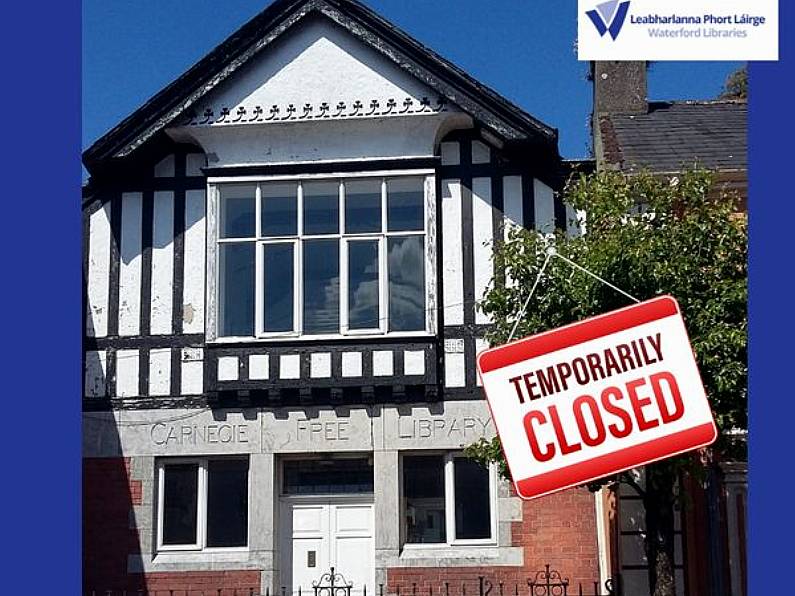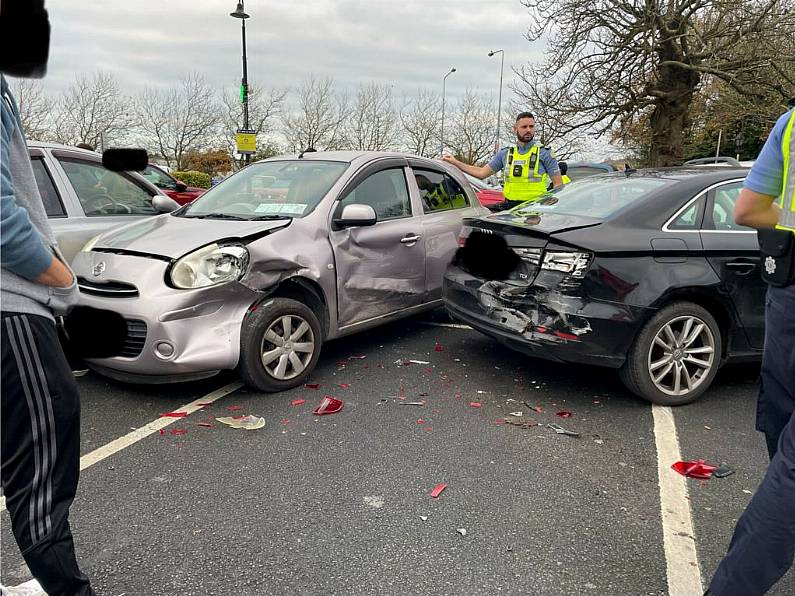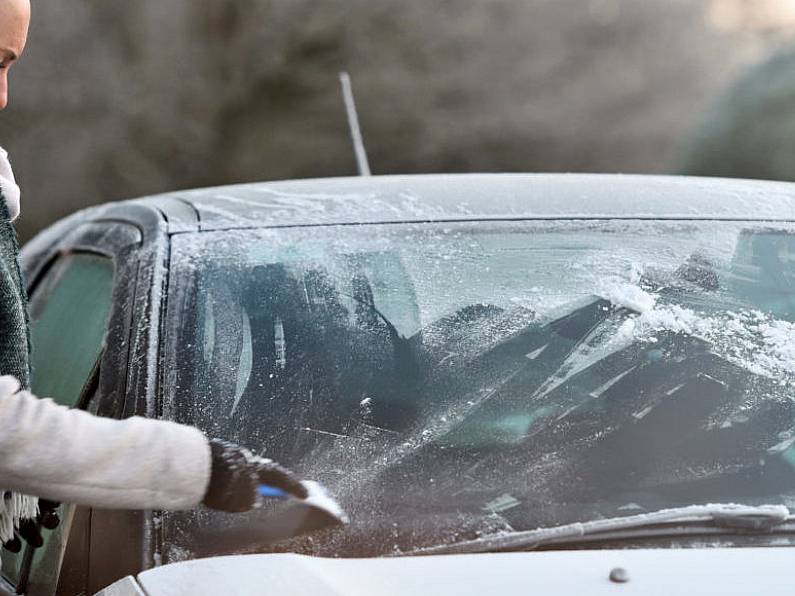Vivienne Clarke
Infectious diseases expert Professor Sam McConkey has said there is no evidence that a return to strict restrictions would halt the spread of the highly contagious BA2 variant of Covid-19.
People should be wearing masks in indoor settings and crowded outdoor settings, he told RTÉ radio’s Today with Claire Byrne show. However, he suggested that stronger messaging and leadership was required rather than a return to mandatory mask wearing.
There was no evidence that strict restrictions would stop the spread of BA2, it had been tried in China and did not work, he said. It was not a good idea to return to restrictions such as a 2km limit.
The country was not facing the same “dire” situation as earlier in the pandemic when there had been escalating numbers of people who were seriously ill and high numbers of deaths.
The pressure on hospitals at present was an issue that required a long term solution. Cancelling scheduled procedures was the only short term solution available, he said to halt cross infection in hospitals.
Support for mandatory masks
GP Dr Yvonne Williams agreed that no one wanted to see another lockdown, but she felt that all health care professionals would support an appeal for a return to mandatory mask wearing. She said she did not understand why the Government was refusing to make this decision, previously they had been able to “hide behind Nphet” when tough decisions were being taken.
The vulnerable and elderly were afraid to go out at present because of the high number of cases and the fact that many people were no longer wearing masks. “Nothng is being done to alleviate that concern.”
Prof McConkey suggested that there should be specific times at which the older and vulnerable could go shopping where everybody could wear masks.
Ireland had “reasonably good leadership” through the pandemic, he said, the Government had been “a bit slow at getting started”, but then they had done “a very good job”. It was now a matter of finding the right balance, of coping with the new normal. It was time to look at shorter isolation times for people returning to work (non healthcare settings) if they did not have symptoms. But any change had to be done in a way that protected the vulnerable.
Dr Williams agreed that people who had three consecutive days of negative antigen tests and no symptoms could return to the workplace.



